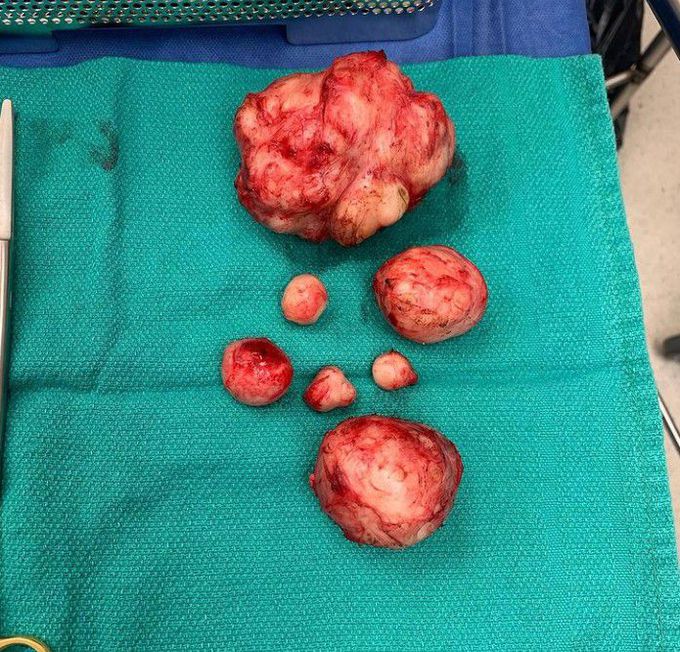


Uterine Fibroids
Fibroids are abnormal growths that develop in or on a uterus.Their growths are typically benign, or noncancerous.Sometimes these tumors become quite large and cause severe abdominal pain and heavy menstral bleeding. In other cases, they cause no signs or symptoms at all. TYPES: There are three main types of fibroids based on where their location: Subserosal are in the outer wall of the uterus (55%) Intramural are found in the muscular layers of the uterine wall (40%) Submucosal protrude into the uterine cavity (5%) HOW FIBROIDS AFFECT FERTILITY: The size and location determines whether fibroids affect fertility.Approximately in 5% – 10% of infertily cases women have fibroids. However, there are several ways uterine fibroids can reduce fertility: Changes in the shape of the cervix can affect the number of sperm that can enter the uterus. Changes in the shape of the uterus can interfere with the movement of the sperm or embryo. Fallopian tubes can be blocked by fibroids. They can impact the size of the lining of the uterine cavity. Blood flow to the uterine cavity can be affected. This can decrease the ability of an embryo to stick (implant) to the uterine wall or to develop. TREATMENT Treatment plan is case specific and is based on the symptoms and severity of fibroids and may improve overall fertility. Credits: https://www.instagram.com/p/CKmoD4Nhvfp/?igshid=c8iftibe1ref https://www.reproductivefacts.org/news-and-publications/patient-fact-sheets-and-booklets/documents/fact-sheets-and-info-booklets/fibroids-and-fertility/
Hi i am hamdard from afghanistan i have infertility problems for 9 years semen analysis report is normal but there is 13mm subserosal febroid i think early miscarrige occures because all pregnancy signs are available what is the treatment please

